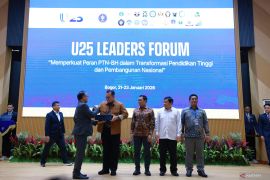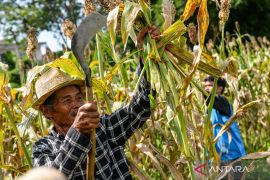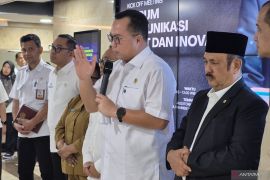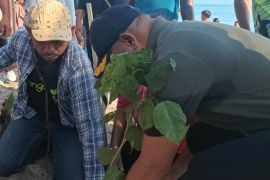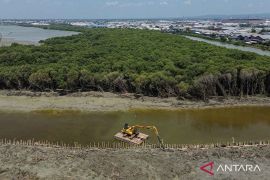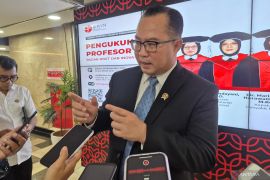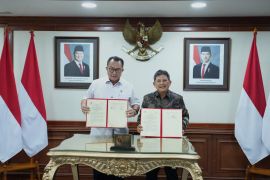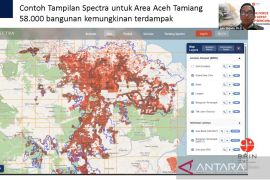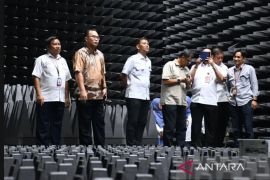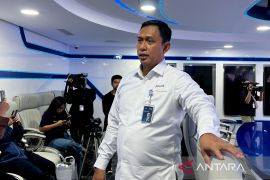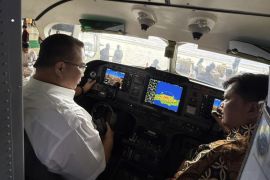The goal of developing a sustainable food system aims to create a world without hungerJakarta (ANTARA) - Indonesia's 2022 G20 Presidency is an important momentum to encourage international cooperation to build a sustainable world food security system, National Research and Innovation Agency's (BRIN's) Agricultural and Food Research Organization Head, Puji Lestari, stated.
"The goal of developing a sustainable food system aims to create a world without hunger," Lestari noted in a written statement received here, Friday.
She later remarked that in order to realize global food security in a sustainable manner, cooperation between countries was deemed necessary to ensure trade and food distribution can run well to face the crisis.
"The key is to establish cooperation between countries and ensure smooth trade and distribution," she stated.
Related news: BRIN to conduct weather modification to prevent forest fires in Riau
Lestari pointed to three steps that G20 countries should take to strengthen the global food system: restore the food system, create a sustainable investment climate, and increase technology transfer and capacity building to countries in need.
The food restoration system aims to ensure high food production, normal supply chain, and smooth food trade system without obstacles according to the rules of the World Trade Organization (WTO).
Meanwhile, the development of a sustainable investment climate is conducted by increasing the active role of the private sector through public-private partnerships. The partnership should be mutually beneficial in the food and agriculture sectors.
The last step of increasing technology transfer and capacity building is aimed at boosting productivity, efficiency, and competitiveness of the agricultural and food sectors in countries in need.
Related news: BRIN conducts research to strengthen food security in IKN Nusantara
To create food security, the BRIN is committed to increasing research capacity, invention, and innovation in agriculture and food, thereby bolstering the productivity, quality, and competitiveness of food products in the global market.
"We also anticipate global climate change through a high-tech approach to climate change adaptation and mitigation, both on-farm and off-farm," she stressed.
Lestari highlighted the need for superior varieties of food crops and horticulture with high productivity and high resistance to abiotic and biotic stresses.
Cattle and dairy goat breeders that are adaptive to the tropical climate will also be prioritized through crossbreeding with local Indonesian cattle and goat genetic resources, she stated.
The crossing process is guided by the use of molecular markers for superior characters, so that the selection process for their offspring can be conducted with precision.
Related news: Development of IKN Nusantara super priority project: Moeldoko
Related news: High-speed railway trial to coincide with G20 Summit
Translator: Martha Herlinawati S, Resinta
Editor: Fardah Assegaf
Copyright © ANTARA 2022

